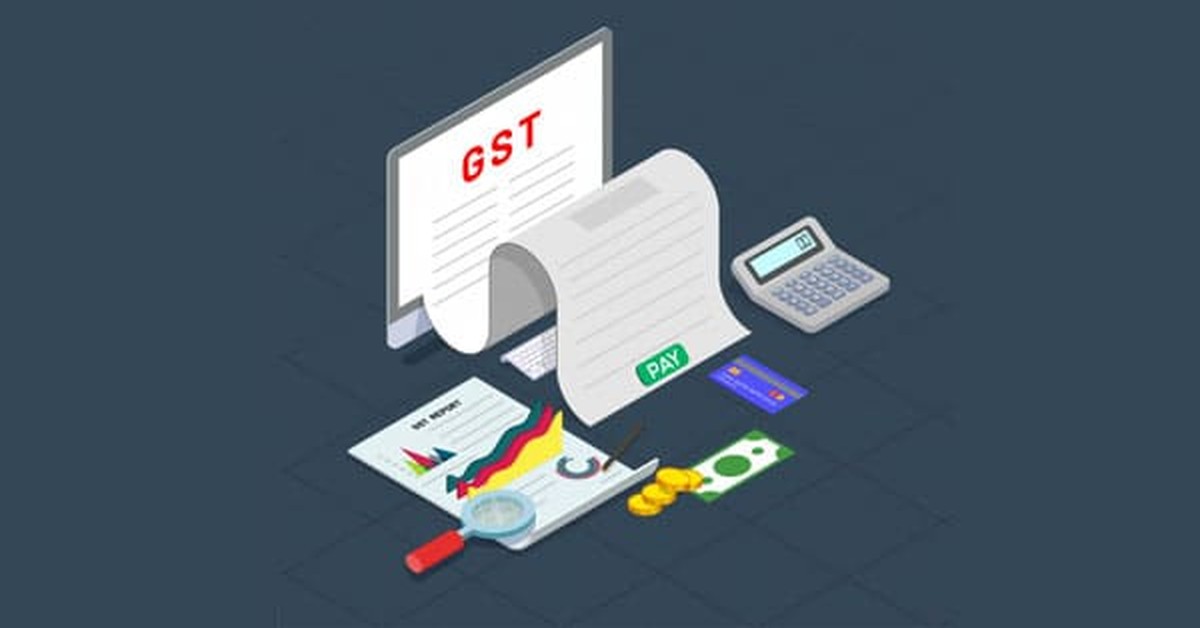The Central Board of Indirect Taxes & Customs (CBIC) has got approval for setting up five inhouse digital forensic laboratories in Directorate General of GST intelligence. This inhouse mechanism aims to facilitate investigation in tax evasion.
CBIC Chairman Vivek Johri confirmed this development in his communication to all the staff. He said, "As we move towards a more digital work environment, so are the tax evaders and delinquent. Therefore, bolstering our digital forensics and investigation capabilities is an important and ongoing endeavor."

According to Interpol, digital forensics is a branch of forensic science that focuses on identifying, acquiring, processing, analysing, and reporting on data stored electronically. Electronic evidence is a component of almost all criminal activities and digital forensics support is crucial for law enforcement investigations. These evidences can be collected from a wide array of sources, such as computers, smartphones, remote storage, unmanned aerial systems, shipborne equipment, and more. The main goal of digital forensics is to extract data from the electronic evidence, process it into actionable intelligence and present the findings for prosecution. All processes utilize sound forensic techniques to ensure the findings are admissible in court.
Johri said that with deep penetration of Information Technology, adoption of automated accounting systems and proliferation of devices on which data may be stored by businesses, it is imperative for the CBIC to have the requisite physical infrastructure, skill sets, know how and ability to access data from those systems/devices and to be able to de-encrypt, decipher and at times, even de-bug it for carrying out investigations. "Setting up laboratories in-house would address this need and lend a firmer footing to our investigations," he said.
This is one of latest tools to firm up move against tax evasion. Some of the recent measures include using robust data analytics and artificial intelligence to identify and track risky taxpayers and detect tax evasion, carrying out a nationwide special drive against unscrupulous entities for availing and passing on input tax credit (ITC) fraudulently on the strength of fake/bogus invoices. Further, availment of ITC has been restricted to invoices and debit notes furnished by the supplier in their statement of outward supplies.
CBIC is sharing data with partner law enforcement agencies for more targeted interventions. Then there is a mandatory Aadhaar-based authentication for new GST registrations as well as centralised suspension of registrations of registered persons who default in timely filing of returns. Threshold limit for issue of e-invoice for B2B transactions has been reduced to ₹10 crore from ₹20 crore.
The government has imposed restriction on generation of e-way bills by non- compliant taxpayers. Besides all these, beneficial owner will now be liable for penal action and prosecution similar to that of actual supplier/recipient, in cases where a supply has been made without the issuance of an invoice, or invoice has been issued without supply, or excess ITC has been availed/distributed. CBIC officials say some impact has already been seen in average monthly collection which is now more than ₹1.40 lakh crore. Also, new measures are expected to further boost the compliance.







 CAclubindia
CAclubindia

